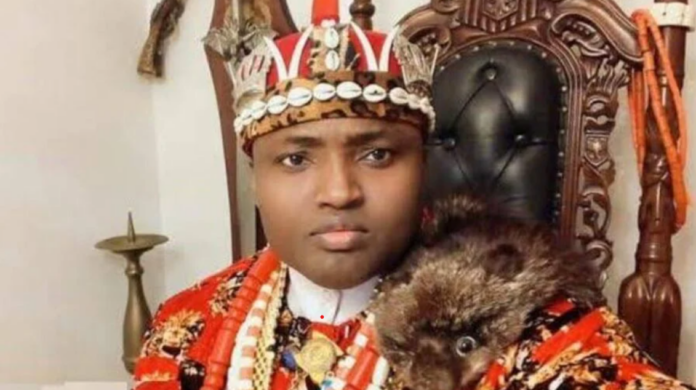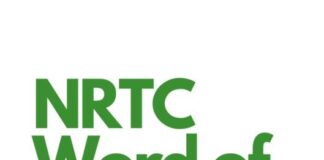In English, most nouns have just one plural form. For example, “cat” becomes “cats,” and “book” becomes “books.” But some special nouns have two plural forms, and each form can have a different meaning. Let’s look at some of these words and how they are used.
1. Brother – Brothers/Brethren
- Brothers refers to male siblings. This is the plural form we use when talking about family members.
- Example: I have two brothers, James and Daniel.
- Brethren is more formal and is mostly used for members of the same religious, professional, or social group.
- Example: The brethren in the church met to discuss the upcoming charity event.
- Example: In ancient times, knights referred to each other as brethren in arms.
2. Cow – Cows/Kine
- Cows is the modern and commonly used plural form for the animal.
- Example: The farmer has twenty cows in his barn.
- Kine is an old-fashioned and poetic plural form, rarely used today.
- Example: In old English literature, you may find lines like: The kine grazed in the golden fields.
- This form is mostly found in historical texts or poetry, so you won’t hear people using it in daily conversations.
3. Die – Dice/Dies
- Dice is the plural form when referring to the small cubes used in games. Interestingly, some people now use “dice” as both singular and plural.
- Example: He rolled two dice and moved his piece forward.
- Dies refers to metal stamps used in manufacturing, especially for pressing shapes onto coins or materials.
- Example: The minting factory used steel dies to make new coins.
4. Fish – Fish/Fishes
- Fish is used when referring to multiple fish of the same species.
- Example: We caught ten fish in the lake. (They are all the same type.)
- Fishes is used when referring to different species of fish.
- Example: The ocean is home to many different fishes, including sharks, tuna, and salmon.
- The general rule is: If you’re talking about one type of fish, use fish. If you’re talking about multiple types, use fishes.
5. Penny – Pennies/Pence
- Pennies refers to individual one-cent coins.
- Example: She picked up five pennies from the ground.
- Pence refers to a sum of money in British currency.
- Example: This chocolate bar costs fifty pence.
- In American English, “pennies” is the correct plural, while in British English, “pence” is used when referring to an amount of money.
6. Cloth – Cloths/Clothes
- Cloths are pieces of fabric used for cleaning, covering furniture, or making garments.
- Example: The table was covered with clean cloths.
- Clothes refer to garments that people wear.
- Example: She bought new clothes for the party.
ALSO READ
Other nouns that have two plural forms
Here are a few more words that follow the same pattern:
| Singular | Plural (Common Use) | Plural (Alternative Meaning) |
|---|---|---|
| Appendix | Appendices (in books) | Appendixes (in anatomy) |
| Index | Indices (in mathematics) | Indexes (in books/libraries) |
| Manuscript | Manuscripts (documents) | Manuscripta (rare, Latin-based use) |
| Octopus | Octopuses (most accepted) | Octopi (less common, from Latin) |
| Formula | Formulas (general use) | Formulae (scientific/mathematical use) |
Why do some nouns have two plural forms?
The reason why some English words have two plural forms comes from their origins. Some words were borrowed from Latin, Greek, or Old English, and over time, English speakers developed multiple ways to pluralize them.
For example:
- “Indices” comes from Latin, while “Indexes” follows the regular English plural rule of adding “-es.”
- “Octopi” comes from Latin, but “Octopuses” follows regular English rules and is now more commonly used.
English is constantly evolving, and some alternative plural forms become outdated while others become more accepted in everyday speech.







